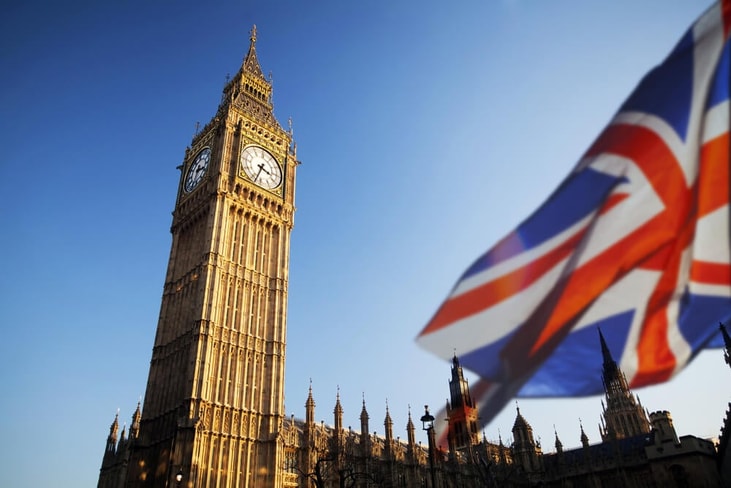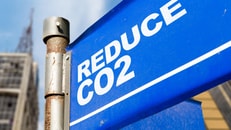UK is way behind on hydrogen and CCS targets
The UK is set to fall drastically short of its hydrogen and carbon capture targets for 2030, according to global engineering consultancy DNV’s latest UK Energy Transition Outlook 2025.
The government has set ambitious goals of reaching 10 gigawatts (GW) of low-carbon hydrogen production capacity and capturing 20 million to 30 million tonnes of CO2 per year (MtCO2) by the end of the decade. However, DNV forecasts that the UK will achieve just 4 GW of hydrogen capacity and only five MtCO2 per year in carbon capture and storage (CCS), highlighting a major gap in delivery.
“Without significant additional government support and incentives, it is unlikely that low carbon hydrogen production rates will meet our 2030 targets,” the report states. DNV forecasts hydrogen production to reach only 0.9 MtH2 per year in 2030, of which “only 25% will be low carbon.” This is far below the UK government’s target of 10 GW.
The roll-out of CCS infrastructure is facing similar struggles. “We have assessed that the current planned/supported Track 1 CCS projects would result in 5 MtCO2 per year CCS capacity in 2030, significantly short of the UK target of 20 Mt to 30 Mt per year by that year,” the report warns. Despite recent final investment decisions (FIDs) on key projects, deployment remains far behind expectations.
... to continue reading you must be subscribed
























